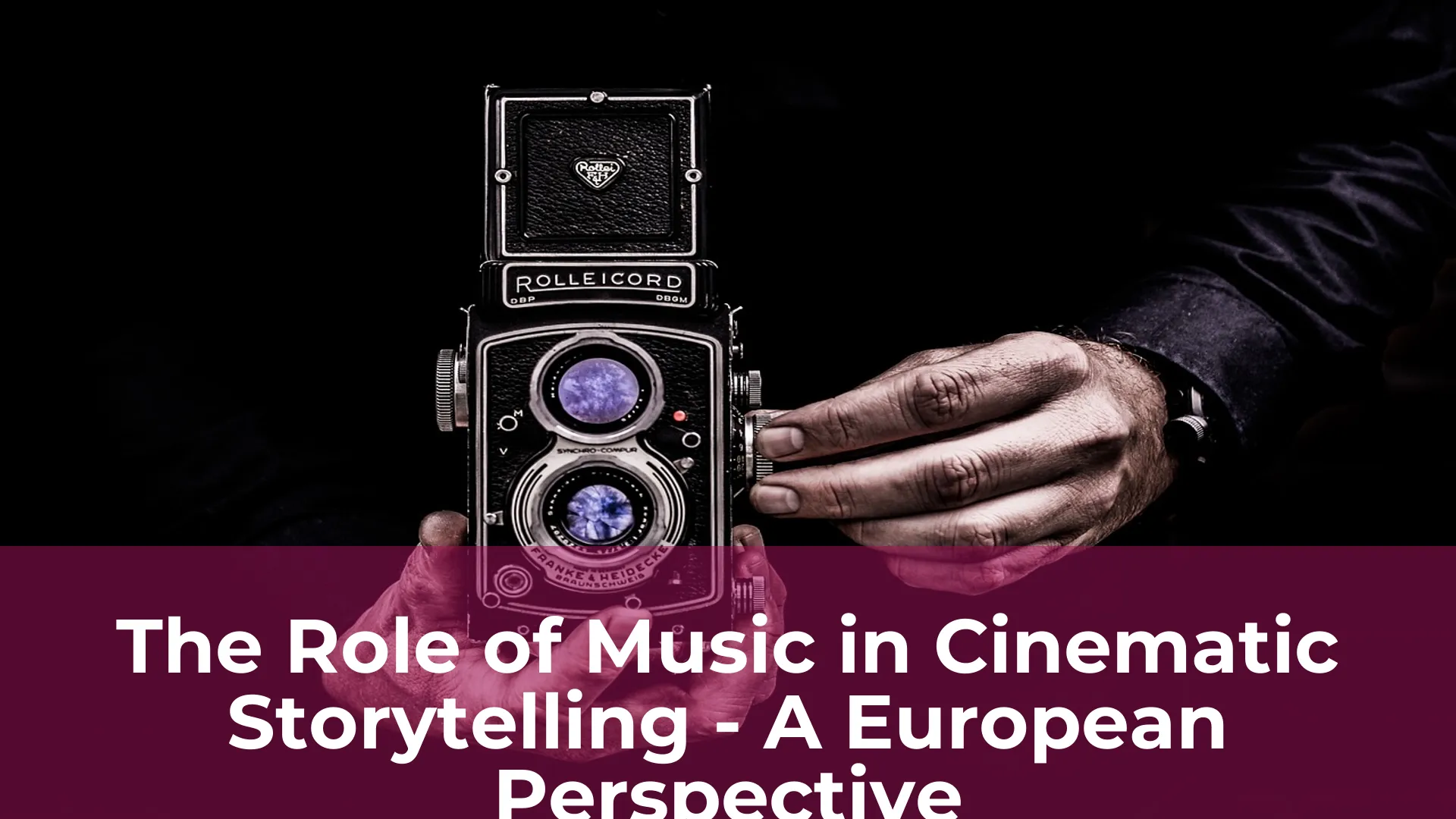Music has been an integral part of the cinematic experience since its inception. From the first silent films to modern blockbusters, music has played a vital role in enhancing emotions, creating atmosphere and driving the narrative forward. In Europe, the relationship between music and cinema is particularly distinctive, with many of the world’s most renowned composers hailing from the continent.
However, the use of music in film has evolved over the years, with filmmakers employing a range of techniques to achieve their desired effects. Some may opt for a traditional orchestral score, while others may use popular songs or experimental sounds. Ultimately, the choice of music can significantly impact the audience’s emotions and overall perception of the film.
Moreover, the role of the composer in the filmmaking process has also shifted in recent years. Increasingly, composers are involved in the creative process from the very beginning, working closely with directors to help shape the story. This collaboration can result in a more seamless integration of music and narrative, with the score becoming an integral part of the film’s identity.
Introduction: The Power and Significance of Music in European Cinema
Music has been an integral part of the cinema experience from the very beginning, enhancing the emotional impact of films and bringing them to life. European cinema, in particular, has a rich history of using music to convey complex emotions and themes. From the sweeping orchestral scores of classic Hollywood films to the experimental music of European art-house cinema, the use of music in film has been both powerful and significant.
The role of music in European cinema has evolved over time, reflecting changes in cultural and political landscapes. During the early days of cinema, silent films were often accompanied by live musicians who played music to match the action on screen. As sound technology advanced, music became an even more integral part of the cinematic experience, with composers creating original scores to accompany films. Today, the use of pre-existing music has become more common, with filmmakers often selecting popular songs or classical pieces to complement their visuals.
Despite these changes, the power of music to enhance the cinematic experience remains as strong as ever. Whether it’s a soaring orchestral score or a hauntingly beautiful piece of chamber music, the right music can elevate a film from good to great. European cinema, with its rich history of musical experimentation and innovation, continues to push the boundaries of what is possible in film music, creating works that are both emotionally powerful and artistically significant.

